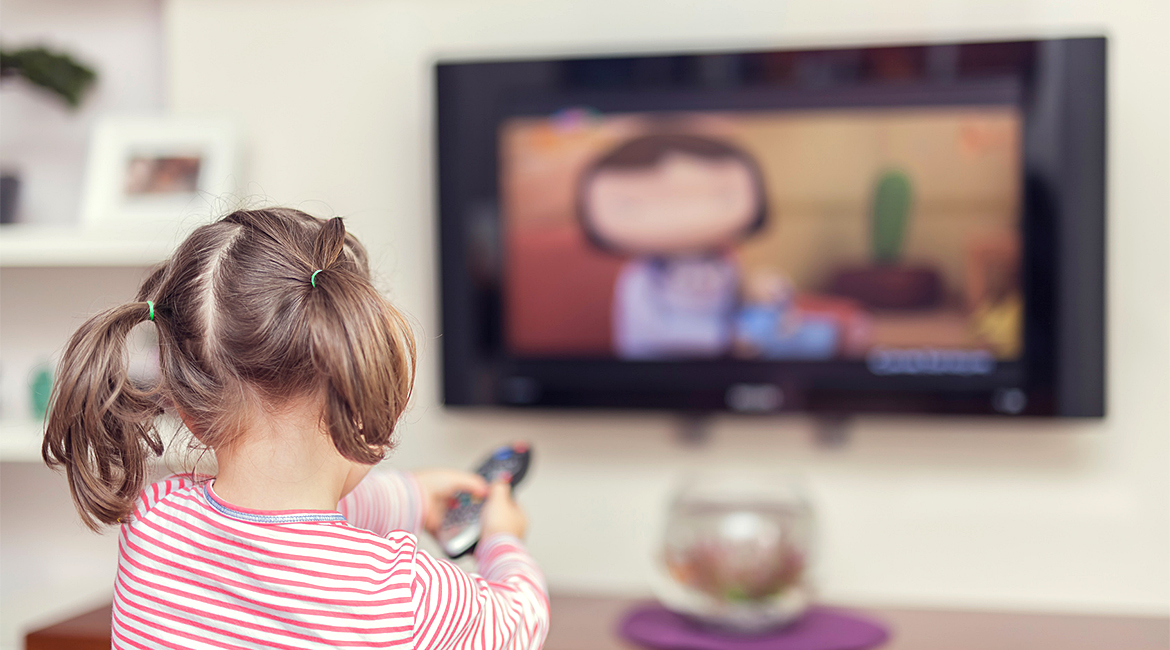The average child spends seven hours a day behind a screen of some sort, despite the fact that experts recommend much less. Managing screen time is a constant struggle for today’s parents, but it’s particularly difficult during the winter months. During other times of the year, moms and dads rely on outdoor play opportunities to entice their little ones out of the house and away from the screens, but when it’s too cold outside to ride bikes or toss around the football, what’s a parent to do? There are several strategies you can employ to ensure that your child is spending a reasonable amount of time on screens each week and that they’re doing so in a way that enhances their creativity and academic potential.
Set Clear Expectations
Without outside playtime to distract your child from the laptop or tablet, he or she may be tempted to indulge in some extra screen time to ward off boredom. Before winter sets in, be sure to have a chat with your little one about the disadvantages of too much time spent using a device. Use the circumstances as a teaching moment, and educate your child about moderation and responsible use when it comes to screens. Using age-appropriate language, explain to your child that screen time is a privilege and can be a positive addition to their routine when used wisely and appropriately. Children are much more likely to respond positively to screen time limits when they understand why these restrictions are being imposed and when they know what to expect in regards to how much screen time they can expect to receive on a daily or weekly basis.
Model Responsible Device Usage
You can talk until you’re blue in the face about moderating time spent in front of a screen, but unless you’re modeling responsible device usage yourself, then your words will likely be ignored. After all, children are much more likely to be influenced by what you do rather than what you say. The amount of time spent on screens typically becomes part of the culture of your family. If mom and dad are on their phones or computers constantly, for instance, then children are likely to follow suit. If you or your significant other struggle to moderate your own screen time, don’t despair! Instead, have a family meeting, and be honest with your child about the temptations devices pose. Discuss the benefits of setting goals for minimizing screen time, such as spending more time as a family, making memories, and experiencing new things that can’t be done on a device such as traveling, exercising, and enjoying nature together, for instance. Then, work together towards meeting those goals. Remember, its’s something most people struggle with in our modern world, so you’re definitely not alone!
Set Milestones
Using devices is an enjoyable experience for most kids (and adults alike!), and like most enjoyable experiences, it’s something your child looks forward to throughout the day. One effective way to moderate screen time is to set milestones for your little one to meet prior to logging onto his or her devices. For example, you may want your child to perform certain chores such as cleaning their rooms or setting the table before taking advantage of his or her allotted screen time. These would be milestones that your little one would need to meet before being granted time on his or her device. You could also offer fun alternatives to digital apps and games to prevent your child from getting bored before it’s time for devices. Playing a traditional board game, reading a book, or completing a craft project would be examples of such alternatives, for instance.
Select High Quality, Educational Apps
Although the quantity of time that your child spends in front of a screen is certainly important, it’s just as crucial to ensure that the types of videos, apps, and games that your child is exposed to are not only appropriate, but educational as well. Of course, this doesn’t mean that this digital content has to be boring or even directly related to academic topics such as science or social studies, for example. Many applications for little ones encourage soft skills like creativity and critical thinking that will serve your child throughout school and for a lifetime! Other apps promote school readiness by honing fine motor skills and problem solving, for instance.
BimiBoo offers a wide variety of high-quality educational apps for you and your child to choose from. We work hard so you never have to worry that your child is wasting his screen time on apps that fail to promote skills your child will need to succeed in school and in life!




